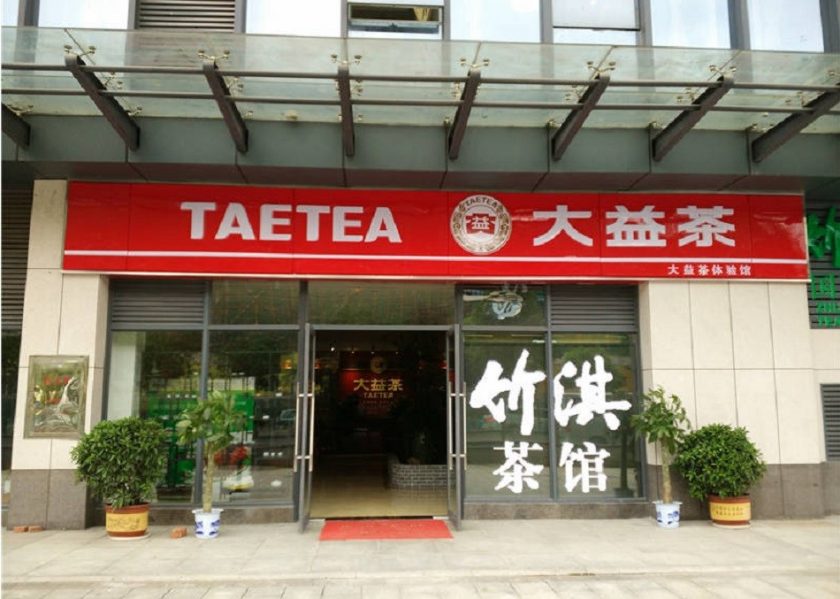Branded retail chain: the nuances of accounting and general management

Branded retail chain – where to start?
The main aims for opening a branded retail chain are:
- organization of its own marketing channel for retail sales;
- launch of a promotion platform for goods of own production among competing ones.
The main goals of the branded retail chain are:
- to ensure the profitability of retail spaces / shelves;
- to provide sales of products with high turnover;
- to sell a well-established (branded) range of products;
- to ensure efficiency of marketing;
- to increase the turnover of the company capital.

How did the format of branded retail chain appear?
The branded retail chain resulted from artisan classes, stationary points of sale, uniqueness of the artisans’ tools and technologies. Products became “branded”, outlets opened named after the masters.
Branded retail, as a chain of branded stores, began to develop in the 19th century – the most striking example was the Singer sewing machine factory, which had more than 400 company retail outlets all over the world.
During the 20th century branded retail outlets were developing more intensively and were characterized by the setting up of factory outlets, which were selling complex household appliances, fashion products, disposables and perishables. In addition, the factory outlet was directly depended on the manufacturer and located on its territory.

The issue of corporate retail organization
The business model of marketing significant differs significantly from the retail business model. The main problem of the corporate retail organization is the approach “to sell a lot and according to the plan”.
In a business-as-usual scenario, the manufacturer acts in accordance with a certain algorithm — after the consignment of goods has been manufactured, it is moved to the warehouse, the next product range is manufactured again. A retail outlet requires a wide product range promptly.
The manufacturer produces wholesale goods in tons, linear meters and pallets. The company outlet opens wholesale packaging and sells this production at retail. It means that, a retail outlet cannot sell all brand-new products.
The low purchase prices, high sales turnover, developed dealers and distributor chain, the ability to plan sales and purchases provide the production profitability.
However, the retail outlet is marked by credit products sales at reasonable prices, its sales profitability per square meter, its location, advertising and promotion of the outlet and in the outlet itself.
Intermediate conclusions
Unsystematic business processes of corporate retail lead to chaos. Before you open a company retail outlet, decide what this trade-channel is for, determine the main parameters, and plan the outlet activity at the factory simply. Efficiency of management accounting of branded retail chain depends of further automation.
The aim of management accounting is to manage costs and outcomes of the outlet activity.
The accounting of branded retail business activities can be kept either in notebooks, or in Excel, or in a specialized industry accounting systems. Often, accounting or business accounting data is maintained. Managers do not always understand accounting terminology, although cash flow (supplier payments), income / expenses and profit terminology are much clearer.
Management accounting of branded retail chain serves for planning and making transparent management solutions as well as for previous solutions analyzing.
What issues does the automation of a branded retail chain solve?
- Operational management of sales, pricing, loyalty and stocks.
- Order with suppliers based on analytical data.
- The ability to manage sales, inventory and costs promptly.
- Supervision of the staff.
- Ability to control the implementation of plans and budgets.
- No cost related to IT department through to cloud-based SaaS solutions.
The results of store automation from manufacturer to retail:
- Automation of a company retail outlet allows monitoring sales and revenues, charging bonuses, forming prices and receiving supplier analytics remotely.
- It becomes impossible:
- to sell goods without a receipt;
- to sell goods that are not in the system;
- to change the price manually when selling;
- not to provide a discount / reward.
It allows:
- selling weight / draft products;
- launching company retail outlet quickly;
- minimalizing of investment at the start;
- avoiding hidden fees,
- training staff quickly;
- avoiding programmers engagement.
You may also be interested in cloud SaaS solutions for business processes management and optimization:
ABM Inventory – inventory management based on a unique algorithm Demand Driven Material Requirements Planning.
ABM WMS – is a cloud based WMS warehouse management system.
ABM Loyalty – is an omni-channel cloud-based loyalty platform for customers.


